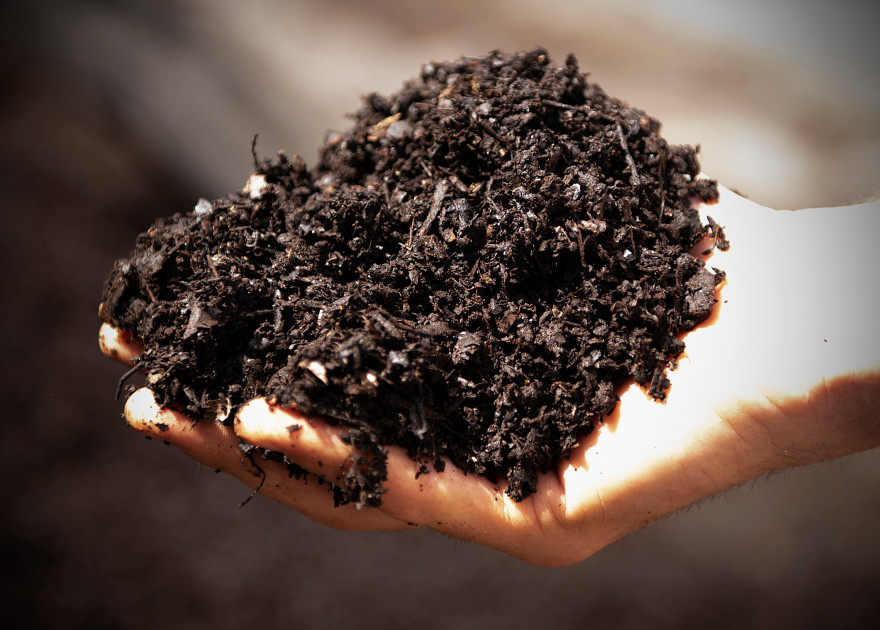
In 2017 the Arboretum formed a Soils Advisory Committee to enhance critical thinking about the long-term health of their soils, collection, and larger environment, according to Andrew Gapinski, head of horticulture. Comprised of soil scientists from North America representing academia, public gardens, and government agencies, including the U.S. Department of Agriculture, the U.S. Forest Service, and the U.S. Department of Agriculture, the committee outlined several initiatives and maintenance practices.
“Our horticulture team is reviewing all aspects of our operations — a continuous cycle of assessment, planning, evaluation, and adjustment to find the most effective care strategies,” Gapinski said. “The composting endeavor is one example of the many innovative solutions underway to find the most effective and sustainable care strategies for the long-term health of the collections and landscape.”
In 2018, the first year of the new system, the Arboretum produced more than 50 cubic yards, or 20.25 tons, of compost, in individual batches of approximately 15 cubic yards. Guidarelli and Kalloch created recipes that blended “browns,” such dead leaves, and “greens,” such as pulled herbaceous weeds, with the spent coffee grounds and beer grains to achieve the carbon and nitrogen ratios needed.
“Composting is both a science and an art, because even when the numbers line up on paper, sometimes when we are looking at an actual batch, we have to throw in another scoop of browns or another scoop of greens,” Guidarelli said. “I like to cook, and this is just large-scale cooking. It’s like solving a puzzle to get your most efficient recipe per batch. It’s a lot of fun.”
